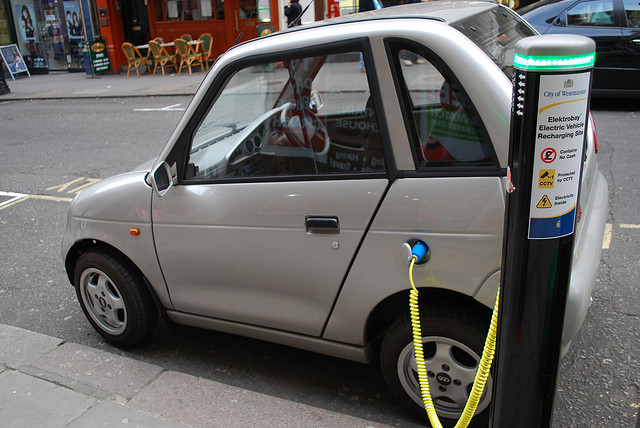Eco-friendly vehicles, such as electric cars and hybrids, are regarded as green alternatives to combustion-engine cars that purely run on petrol.
If you’re planning to buy a new car, many dealers would tell you to go electric.
Eco-friendly vehicles may look like they are causing less impact on the environment, but some say this isn’t so, that these cars aren’t as green as we think.
Some researchers say that the biggest ecological impact is actually caused by the recharging of the electric car’s battery, and the manufacturing of the battery itself. Let’s take a closer look at the issues surrounding eco-friendly vehicles and see if they really are as green as they claim to be.
What makes electric cars green?
We know that excessive amounts of carbon dioxide in the atmosphere is bad because it traps heat in. Carbon dioxide from the burning of fossil fuels contributes to greenhouse gas emissions. Cars with an internal combustion engine that burns a litre of gasoline emits up to 2.3 kg of carbon dioxide into the air.
Electric cars don’t have a combustion engine and therefore don’t emit carbon dioxide into the atmosphere.
Arguments against electric cars
One of the arguments put forth against electric cars is that these have higher manufacturing emissions than cars running on petrol. Also, in order for these electric cars to run, they have to be powered up with electricity—electricity that usually comes from carbon-emitting coal plants.
So, electric cars may not emit carbon dioxide into the air, but they do require carbon-emitting power generating sources in order to function.
Another concern focuses on the manufacturing process of electric cars, especially their batteries. In some circumstances, these eco-friendly cars may even have a greater impact on the environment than conventional vehicles. This depends not only on the electricity used when driving the car but also the electricity used for producing it. For one thing, the manufacturing of electric cars necessitates the use of many raw materials and energy for building the cars’ lithium-ion batteries.
With these concerns in mind, it can be concluded that it is actually counterproductive to promote and use electric vehicles in areas that make use of electricity produced primarily from oil and coal.
The verdict
Based on the arguments, it appears that eco-friendly vehicles are not as green as we think.
They claim to have zero emissions, which isn’t realistic when taking into consideration that cars need electricity to charge and the emissions coming from vehicle production, but they are still better than conventional cars in certain respects. Even using electricity to power and produce the cars, they are still significantly more efficient than a gasoline powered vehicle.
Taking manufacturing and use into consideration, electric cars still emit considerably less carbon than combustion engines. Tail pipe emissions are 100 percent less than a combustion engine car and the overall lifecycle of an electric powered car is 10 percent better.
Not only that, but as manufacturers begin to focus more and more on the development of electric car technology, we will find that these cars offer a lot in terms of improving local air quality, decreasing noise pollution and reducing carbon emissions. Despite the low popularity of these vehicles, only 2,000+ were registered in the UK last year alone, studies have shown that as more road users come round to the idea of the electric car, a 25 percent improvement to the environment.
In addition, the UK has started taking steps to reduce its dependency on coal to generate electricity. Coal-fired stations are now being replaced with natural gas, and with this move we will also see improvements to electric car technology.
Electric cars will also become less of a niche vehicle and become more mainstream, causing an increase in car sales and greater demand. The greater volume production will affect the manufacturing process, making it more efficient, sustainable and, of course, environmentally-friendly.
References:
http://www.technologyreview.
http://www.forbes.com/sites/
http://www.ucsusa.org/sites/
Love elephant and want to go steady?
Sign up for our (curated) daily and weekly newsletters!
Editor: Emily Bartran
Photo: Alan Trotter/Flickr












Read 2 comments and reply